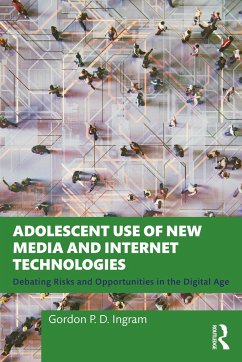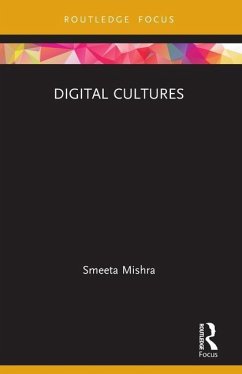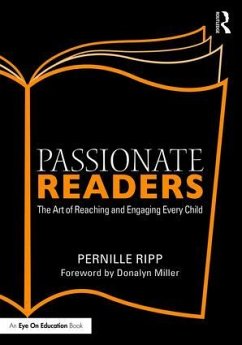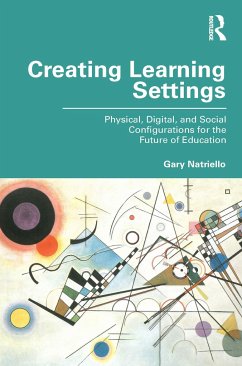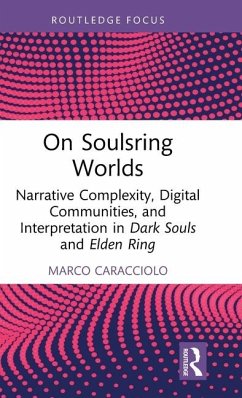
Parenting Cyber-Risk
Opportunities and Challenges Raising Children with Digital Environments
Versandkostenfrei!
Versandfertig in 6-10 Tagen
144,99 €
inkl. MwSt.

PAYBACK Punkte
72 °P sammeln!
On the back of their last book, Cyber-risk and Youth, and building on a new research project, Adorjan and Ricciardelli marshal current research to explore parenting in the digital age.Utilizing 70 original interviews from rural and urban area Canadian parents, the book provides an overview of research on "digital parenting" and illuminates the modern parental experience of managing children's access to internet-connected technologies. The book explores parents' experiences with cyberbullying and nonconsensual sexting, as well as concerns over breaches of privacy, screen time and internet addic...
On the back of their last book, Cyber-risk and Youth, and building on a new research project, Adorjan and Ricciardelli marshal current research to explore parenting in the digital age.
Utilizing 70 original interviews from rural and urban area Canadian parents, the book provides an overview of research on "digital parenting" and illuminates the modern parental experience of managing children's access to internet-connected technologies. The book explores parents' experiences with cyberbullying and nonconsensual sexting, as well as concerns over breaches of privacy, screen time and internet addiction. It also investigates parents' views regarding effective and ineffective strategies in mediation of technology and cyber-risk, including new directions such as restorative practices intended as a response to online conflict and harm. While framing their discussions among sociological theories, Adorjan and Ricciardelli also deliberately emphasize the gendered nature of the book's discourses and encourage critical reflection of various online surveillance technologies, often marketed to mothers, to keep children safe.
As such, Parenting Cyber-Risk is a standout research monograph which not only offers broad insight into 21st-century parenting challenges but also offers solutions. The book will be of interest to advanced undergraduate and postgraduate students studying criminology, sociology and any other related fields.
Utilizing 70 original interviews from rural and urban area Canadian parents, the book provides an overview of research on "digital parenting" and illuminates the modern parental experience of managing children's access to internet-connected technologies. The book explores parents' experiences with cyberbullying and nonconsensual sexting, as well as concerns over breaches of privacy, screen time and internet addiction. It also investigates parents' views regarding effective and ineffective strategies in mediation of technology and cyber-risk, including new directions such as restorative practices intended as a response to online conflict and harm. While framing their discussions among sociological theories, Adorjan and Ricciardelli also deliberately emphasize the gendered nature of the book's discourses and encourage critical reflection of various online surveillance technologies, often marketed to mothers, to keep children safe.
As such, Parenting Cyber-Risk is a standout research monograph which not only offers broad insight into 21st-century parenting challenges but also offers solutions. The book will be of interest to advanced undergraduate and postgraduate students studying criminology, sociology and any other related fields.






